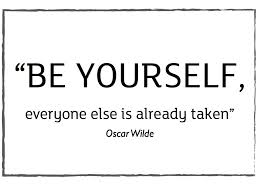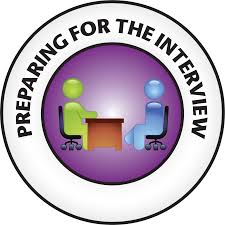
“Everything happens through conversations.” – Judith E. Glaser
What impact and fun will you create today with a conversation?
Conversations do count. How? They foster and nurture impact. They boost fun.
Do you ever sit and watch a conversation? What do you see? You see smiles or frowns or puzzlement on faces. You can see the sparks that are created and oftentimes, you can feel the energy of the conversation.
Have you ever been in traffic and seen and felt the energy from a conversation? Some mornings, seeing another driver’s animated face or their hands flying around the steering while engaged in a hands-free phone conversation, is very entertaining.
Conversations do change the world. They connect people, data and have impact. People ready for next level growth understand the value of conversations.
Conversations are magical. They can land you a job, a raise, or a new client. They help you surpass what was previously possible and expand your reach.
A conversation will shape relationships, bring joy and other feelings, too. Those on track to the next level know how to leverage conversations and understand how to take a stand with a conversation.
Most leaders have the ability to pick out potential and a person’s current knowledge and skill during an initial conversation with a candidate. Leaders seeking to grow organizations hire for the future. Subsequently, they listen and carefully observe conversations with new employees for the first five to nine months.
The interview is not an insignificant data gathering moment. These conversations can be labeled, rehearsed and staged.
Want to grow? Leverage all conversations. They all count.
Want to succeed in interviews? Have conversations.
Here are tips uncovered by a leader who, after for 10 years of excelling, could not grow the division he led, nor get a promotion. In fact, his blind spots around conversations had him on the edge of being fired.
- Conversations occur aloud between two or more people. They are not the chatter and banter you have with yourself or your ego.
- Conversations begin by listening. Listen and hear what are others discussing, talking about and what concerns others have.
- Conversations are not only about you and what you think is significant. An impactful conversation meets people where they are and uncovers what is important to them. Then you can transition the conversation to mutual opportunities and greater outcomes.
What tips or lessons have you gained from leveraging conversations? Share your comments or tips below.
Do you want to accelerate your success, have fun, and make an impact by turning interviews into conversations? Great!
If you want support to get different results with your interviews or leadership conversations let’s talk. Give me a call.
 Have you given culture much thought? Seventy-five percent of the executives I work with rank culture more important than pay.
Have you given culture much thought? Seventy-five percent of the executives I work with rank culture more important than pay.
 A friend, business associate, or recruiter calls you with a great job opportunity. They ask you to send your resume TODAY. Yes, NOW, right now. Are you ready to leverage this opportunity?
A friend, business associate, or recruiter calls you with a great job opportunity. They ask you to send your resume TODAY. Yes, NOW, right now. Are you ready to leverage this opportunity? A common question I hear is, “How do I add a part-time job to my resume and/or LinkedIn profile?”
A common question I hear is, “How do I add a part-time job to my resume and/or LinkedIn profile?”


 The Black Hole . . . is it real?
The Black Hole . . . is it real?



